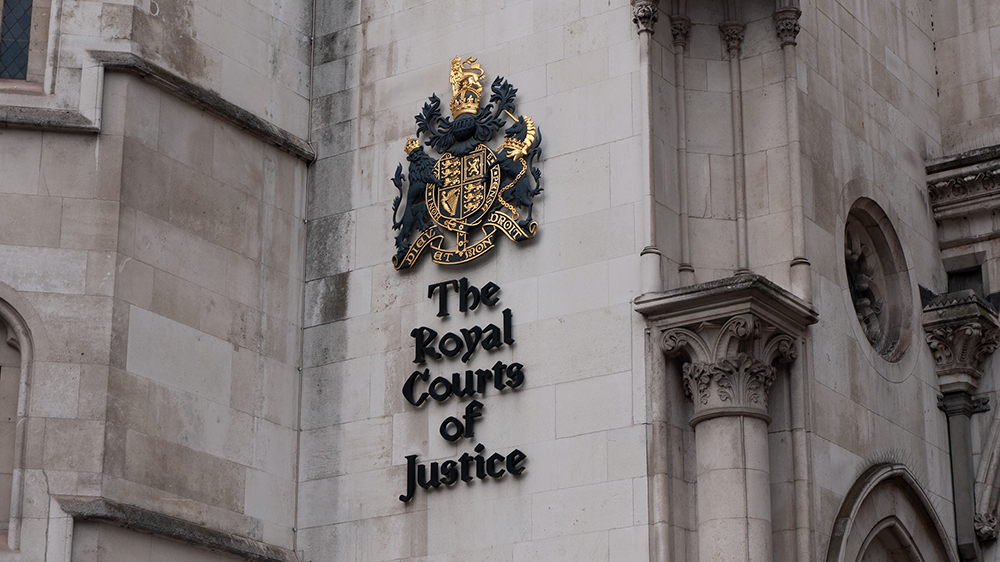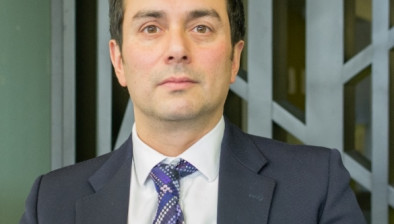England: Southern judges’ sentences more likely to be appealed as unduly lenient

Sentences handed down by judges in the south of England are more likely to be referred back to the courts as unduly lenient as those handed down by their northern colleagues, according to new research.
Of all the sentences handed down in England and Wales from the start of 2020 to the end of 2022, a total of 2,886 were submitted to the Attorney General, of which 1,912 were considered eligible for consideration under the scheme, and 386 (20 per cent) were referred to the Appeal Court for review.
However, analysis by the Labour Party has found “major variations in different parts of the country”, with 24 per cent of eligible cases in the south referred to the Court of Appeal, compared to 19 per cent in the north and the Midlands and nine per cent in Wales.
Emily Thornberry, Labour’s shadow attorney general, said: “For so many victims and families of victims, this scheme offers a final chance for justice, and for the public at large, it is a chance to demand tougher sentencing for the crimes that plague their communities. That is why more cases are being submitted to the scheme each year.
“But instead of responding to that public concern, the government has been referring a lower proportion of cases to the Appeal Court every year, and the huge variation in those referral rates across different regions is turning the public’s last hope of justice into a postcode lottery.
“For the victims, families and communities who put their faith in this scheme, it is unacceptable that their chances of success are being affected by where in the country they live. They already felt let down by the courts, and they will now rightly feel let down by government ministers themselves.
“It just shows that the Tories are missing in action in the fight against crime, letting criminals off, and letting victims down. That will all change under Labour. We are the party of law and order, and the next Labour government will prevent crime, punish criminals and protect every community.”









